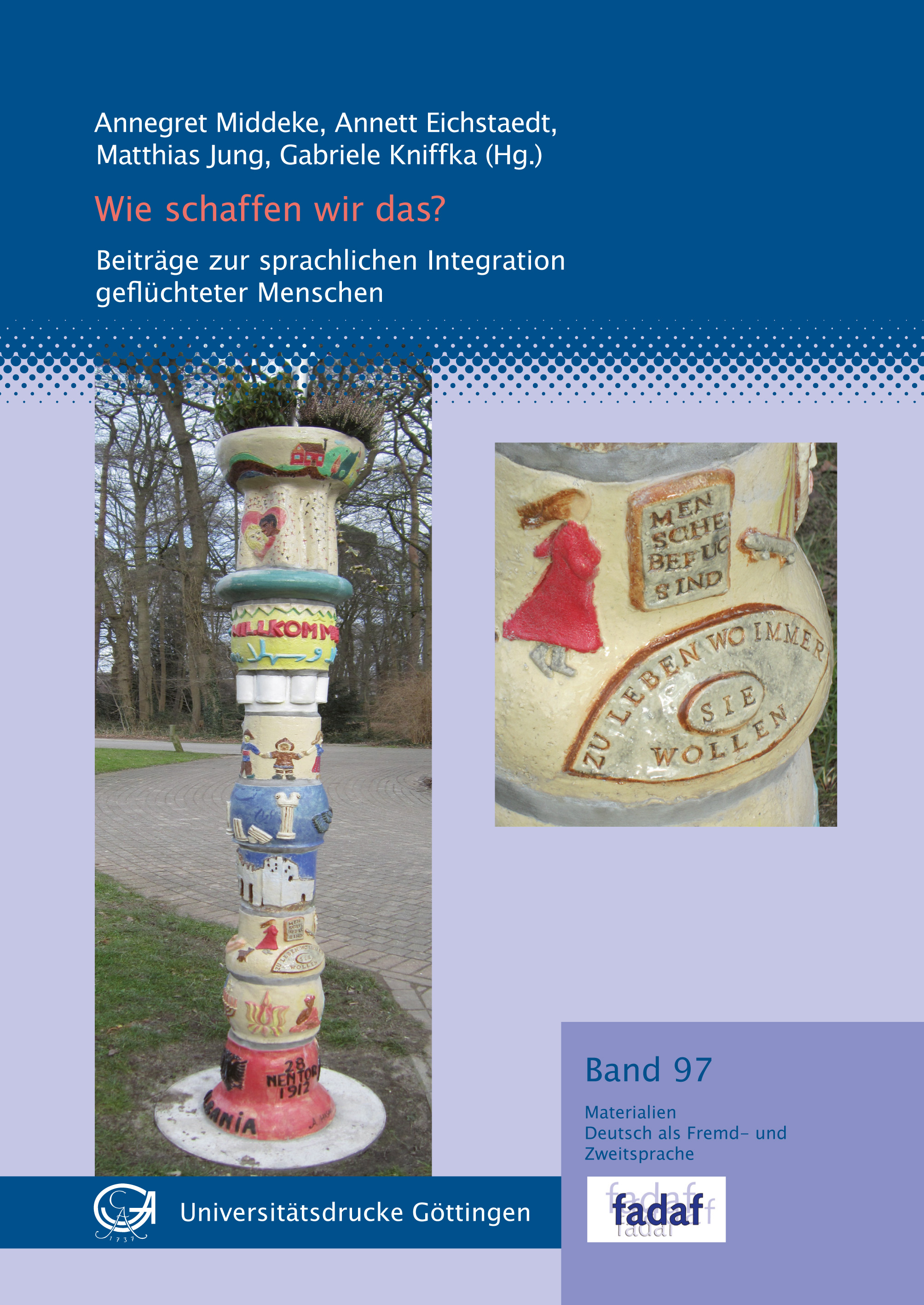The almost one million refugees who came to Germany in 2015/2016 have moved the topic of language acquisition to the center of public attention more than ever before. Questions regarding this topic are not fundamentally new, but the large numbers of refugee and the political willingness to integrate them successfully, especially in regards to the language, have set a lot in motion. This is what the contributions in the volume at hand show by means of research findings and best-practice examples that refine established programs and break new grounds. In the center are the language students of different age groups and institutions and the qualification of language professionals who are of great importance for the acquisition of the German language. Contributions range from the theory-practice relationship and curricula, project reports from the different fields of education or exam questions to the learning support in voluntary service. This volume proves that the challenges are immense and that a successful language integration will cost all participants time, effort and dedication. The encouraging concepts and conclusions presented here may serve as an example for imitation and further development.
Bibliographie Moderner Fremdsprachenunterricht 4 (2017), Do-1192-97
Zielsprache Deutsch 45, 3 (2018), S. 80-84
Slowakische Zeitschrift für Germanistik, Jahrgang 11 (2019) Heft 2, S. 69-71
Deutsche Lehrer im Ausland (DLiA), Jg. 67, H. 4 (2020), S. 321
Publikationstyp: Sammelband
Sparte: Universitätsdrucke
Sprache: Deutsch





